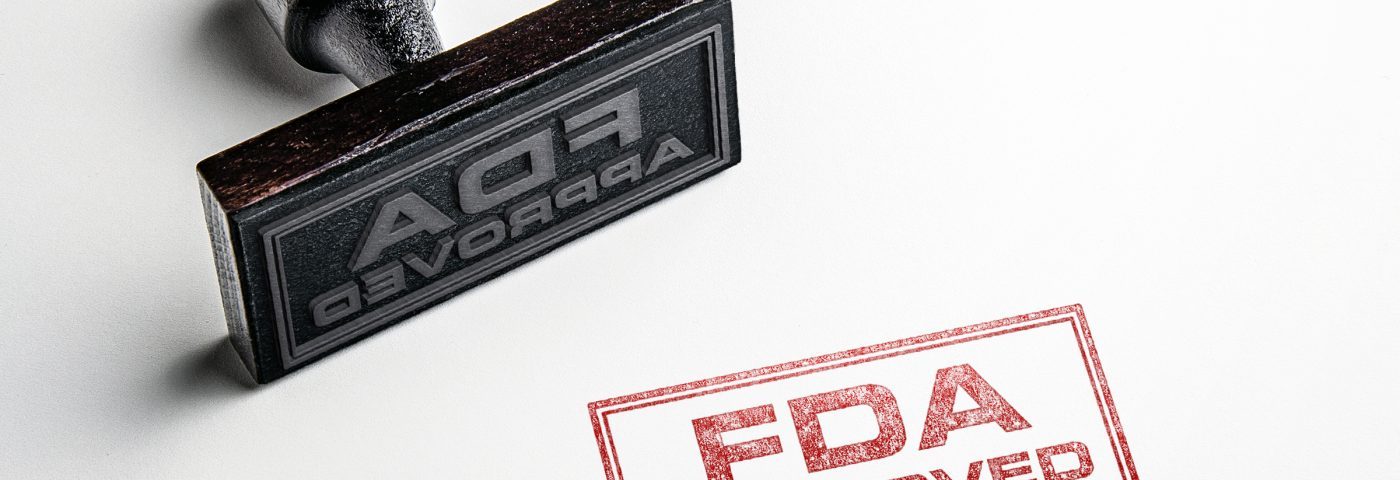The U.S. Food and Drug Administration (FDA) has granted conditional approval to BeiGene’s Brukinsa (zanubrutinib) as a second-line treatment for adults with mantle cell lymphoma (MCL) who have received at least one prior therapy.
According to BeiGene, the medication should become available to patients in the U.S. within weeks.
Brukinsa is a potent and selective inhibitor of Bruton’s tyrosine kinase (BTK). BTK is an enzyme that plays an important role in the development and survival of immune B-cells and is being explored as a therapeutic target to treat different types of B-cell cancers. Brukinsa’s targeting of BTK blocks survival signals in tumor B-cells, leading to their death and halting lymphoma’s progression.
After granting the designation of breakthrough therapy, the FDA gave priority review to the new drug application (NDA) BeiGene filed requesting the approval of Brukinsa as a second-line therapy for adults with MCL. Now the FDA has given the therapy accelerated approval.
This type of endorsement allows a medication addressing an unmet need in a serious illness to be used if it shows benefit on surrogate or interim measures made in a clinical trial. However Brukinsa’s continued use, and full approval, requires further verification and description of clinical benefit in a confirmatory study.
“We are working to improve outcomes for people with cancer worldwide and this approval brings us closer to realizing our mission of bringing the highest quality therapies to patients globally,” John V. Oyler, chairman, co-founder, and CEO of BeiGene, said in a press release..
“Today’s FDA approval of Brukinsa, following the previously granted Breakthrough Therapy designation in this indication, validates it as an important treatment option for people with relapsed or refractory MCL. We hope this is the first of many approvals for Brukinsa as we continue to evaluate its potential in other hematologic cancers,” Oyler said.
The FDA’s accelerated approval was based on data from two global, single-arm, clinical trials: the Phase 1/2 BGB-3111-AU-003 (NCT02343120) study, and the Phase 2 BGB-3111-206 (NCT03206970) study.
Across both trials, 84% of the patients treated with Brukinsa responded to treatment.
The BGB-3111-206 study enrolled 86 participants with relapsed or refractory MCL from 13 clinical centers in China. All study participants were treated with Brukinsa, administered orally, at a dose of 160 mg twice-a-day, for up to three years (until disease progression, unacceptable toxicity, death or study withdrawal).
After a median follow-up of 18.4 months, 84% of the patients had responded to treatment. Of those, 59% achieved a complete response (complete cancer eradication) and 24% saw a partial response (partial cancer eradication). The median duration of response seen in the study was 19.5 months.
The BGB-3111-AU-003 study focused on investigating the effects of Brukinsa on patients with different types of B-cell malignancies, including MCL.
Similar to BGB-3111-206, after a median follow-up of 18.8 months, 84% of the participants with MCL receiving Brukinsa in the study had responded to treatment. Of these, 22% achieved a complete response and 62% a partial response. The median duration of response seen in the trial was 18.5 months.
The most common adverse events (side effects) reported during the studies included low neutrophil and platelet counts, upper respiratory infections, low white blood cell counts, rash, bruising, diarrhea, cough and muscle pain. The most frequent serious adverse effects were pneumonia and bleeding.
Of all the 118 patients with MCL treated with Brukinsa, only eight (7%) were forced to discontinue treatment due to adverse reactions to the medication. One patient also experienced a severe adverse reaction to Brukinsa that required a dose reduction.
“BTK inhibition is an established mode of treatment for patients with MCL, but many patients treated with previously approved BTK inhibitors do not fully respond to BTK therapy or are forced to discontinue treatment early due to side effects,” said Luhua (Michael) Wang, MD, professor at the Department of Lymphoma and Myeloma at the Division of Cancer Medicine at The University of Texas MD Anderson Cancer Center, and a clinical trial investigator.
“Today we have a new option for our adult patients who have received one prior systemic or targeted therapy and are living with MCL, an aggressive blood cancer that’s often diagnosed at a more advanced stage,” Wang said.
Brukinsa is currently the only BTK inhibitor on the market that has a median target occupancy of 100%, meaning that it is able to bind and block the activity of all BTK it comes into contact with, and also is the only drug of its class that is flexible enough to allow patients to take it either once or twice a day.
It also is the first medication developed by BeiGene that has been approved by the FDA.
“Brukinsa is a BTK inhibitor that was designed to maximize target occupancy and minimize off-target binding. It entered the clinic in 2014 and since that time our broad development program has enrolled more than 1,600 patients globally,” said Jane Huang, MD, chief medical officer of hematology at BeiGene.
“Today’s accelerated approval is the culmination of many years of effort by the BeiGene team, the dedicated investigators involved in these trials and, most importantly, the patients who participated by enrolling in the clinical trials. We are humbled by the opportunity to develop this therapy and launch it as our first internally discovered and approved cancer treatment,” Huang said.
Brukinsa’s recommended dosing is 320 mg, taken orally once or twice daily, with or without food. Full prescribing information for Brukinsa, including recommended dosing schedules and safety warnings, can be found here.


